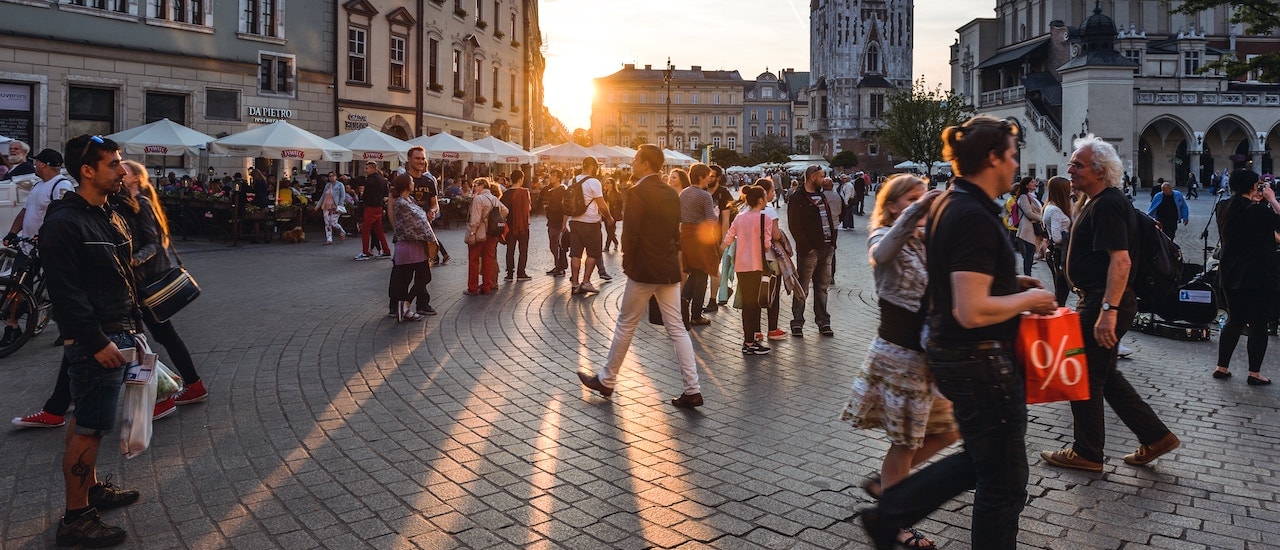While Europe tops many charts in terms of Internet connectivity in global comparison, a number of challenges still persist. One of these challenges is the continuing urban-rural digital gap, which concerns many countries both in Western and Eastern Europe.
According to Eurostat, on average in the European Union (EU) 88% of households in urban areas are connected to broadband as opposed to 79% of rural households. (Broadband connection is defined as “a connection enabling higher than 144 Kbit/s download speed”, European Commission 2016.) In a few Southern and Southeastern EU countries, the broadband gap between urban and rural areas is well above 20%.
The Internet Society partnered with the Centre for European Policy Studies (CEPS) to examine the digital gap in Europe and to assess the role of community networks in the European context. This new paper looks at five different community network examples from around Europe and draws some key lessons learnt from these experiences.
Community networks are not a new thing in Europe. In fact, some of the well-established ones date back to the 1990’s. Community networks provide a innovative solutions to unserved or underserved areas, where the business case for investment by commercial operators is limited or nonexistent. The European Commission, for example, acknowledges community networks as one of the broadband investment models, but these small operators still face significant challenges with telecoms policy frameworks and issues such as funding.
Much of the European connectivity debate is currently focused on building high-speed networks and rolling out 5G, but in many cases this simply means faster connectivity for urban areas and key transport corridors. When public and other services are increasingly being moved online, Internet connectivity must be available to all citizens irrespective of where they reside.
This paper, Meeting the Internet Connectivity Challenge – The Role for Community Networks, will be launched at CEPS in Brussels on 4 July 2018. In the launch event, Jan Dröge from the European Broadband Competence Office (BCO) and Marta Capelo from the European Telecommunications Network Operators’ Association (ETNO) will share their views on the European connectivity debate. Registration to the launch is free of charge.
Read Meeting the Internet Connectivity Challenge – The Role for Community Networks and learn more about the Internet Society’s work on community networks!
